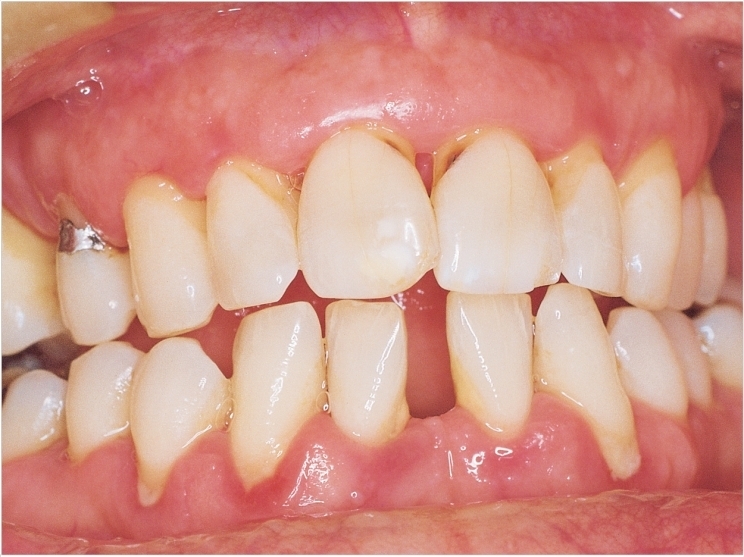
Combination antiretroviral therapy (cART) has been successful at preserving immune function and controlling opportunistic infections, including oral mucosal diseases, among individuals infected with HIV. Now, researchers at the University of California San Francisco School of Dentistry are exploring the association between cART and dental and periodontal outcomes among HIV-infected youth.
Through a cross-sectional study of oral health among perinatally HIV-infected (PHIV) youth participating in the oral health substudy of the Pediatric HIV/AIDS Cohort, dentists at 11 sites were trained to perform standardized dental/periodontal examinations. They used the decayed-missing-filled-surface/teeth index (DMFS/T) to determine the number of decayed surfaces/teeth and the full-mouth periodontal evaluation to derive the number of teeth with bleeding on probing.
The zero-inflated negative binomial model was used to assess the association between cART type and dental or periodontal outcomes. Among the PHIV youth, 89% were on cART at time of enrollment. For the PHIV youth who were on the same cART for at least one year, the mean decayed tooth score of those receiving an integrase inhibitor was 86% higher than that of those youth without an integrase inhibitor.
The median number of teeth with at least two sites with bleeding on probing was significantly higher among youth who started cART at age 6 years or older compared to youth who started before age 2. Initiating protease inhibitors at age 6 or older was also associated with significantly higher DMFS/T scores compared to participants who initiated before age 2.
The researchers say these findings suggest that youth receiving integrase inhibitor should undergo close surveillance of their dental status through preventive visits. Earlier initiation of cART and periodontal intervention seems to be associated with less gingival inflammation and lower DMFT.
The study, “Increased Caries Risk Among Perinatally HIV-Infected Youth on Integrase Inhibitors,” was presented on July 26 at the 96th General Session of the International Association for Dental Research in London.
Related Articles
Youth Born With HIV Face Greater Caries Risk
How Do You Treat a Patient With HIV? The Same as Everyone Else
Treatment Planning in Immunocompromised Patients: A Case Report











